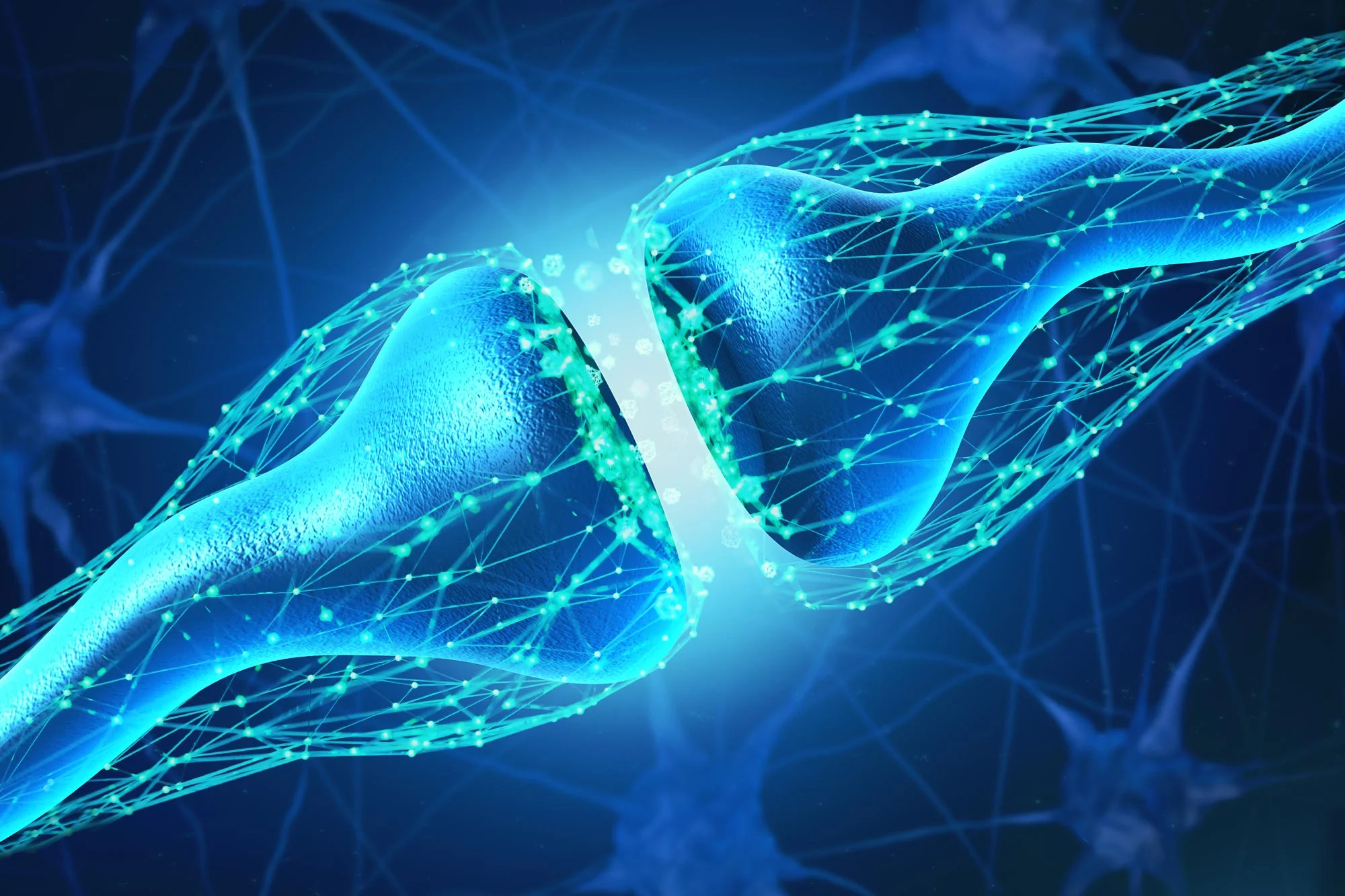Dopamine Fasting: Why Digital Detox must be a Norm

With the ease of hand-in information, the world has finally begun to interact and share knowledge collectively through the internet. As much as the internet is replenished with information, it's also presented in the best way possible. The exposition is made aesthetically appealing to have more views because, as much as we like to inform ourselves with wisdom, we actually would like to see it in a more pleasant form, but why? Why do we like to see a more creative presence of things? Why do we enjoy a good, aesthetically pleasing presentation of any kind of information? That's because it makes us feel good.
Our brain is responsible for any action we take, be it voluntary or involuntary, from crying to being happy or feeling good, which is all decided by our brain. Whenever we sense something that feels good, our brain quite literally releases the feel-good neurotransmitter called dopamine. To begin with a slight preface about what dopamine does, it is a neurotransmitter (a chemical substance released in the brain) that is accountable for feelings of pleasure, reward, and satisfaction, which means it controls behavior and mood. A person can get the release of dopamine through healthful activities like exercise, meditation, prayer, or attaining goals.
Since dopamine is also called the feel-good hormone, it is also released through overstimulating activities like binge-snacking on your favorite food, watching your favorite movies, or scrolling through your social media platforms. These are all the actions that allow the dopamine rush in the brain, making us incredibly satisfied and happy, but if the brain only gets this dopamine rush through just performing overestimating activities rather than the healthy ones, then it can develop a significant concern. Imagine a graph where, normally, if a person experiences something happy to receive dopamine once in a while, there will be a quick spike of happiness that will soon go back to normal once the experience is finished. But if the same person indulges himself in overstimulating activities especially scrolling through social media constantly, the spike will never go back to normal, and what happens when it never goes back to normal? Can the constant release of dopamine make a person happier? No, when we're repeatedly exposed to our pleasure-producing stimuli, our brains adjust; thus, we need more and more just to feel "normal." That's called a "dopamine deficit state," and the cycle can lead to depression, anxiety, irritability, and insomnia. The constant release of dopamine will only lead to making the person numb or simply bored, further leading to addiction in search of happiness but instead just feeling bored. The feeling of being bored is compared to something not making a person excited anymore, and this feeling of being bored behavior is felt in teenagers even after doing their favorite activities. because overstimulation leads to desensitization towards happiness and tolerance to the amount of dopamine received. Finally, this addiction can be overcome through dopamine fasting, where there is a digital detox and restrictions on overstimulating activities.
In conclusion, this issue is extremely normal due to the modern lifestyle, but to restore ourselves, we should start regulating our dopamine through healthy activities rather than overstimulating activities.
Similar Post You May Like
-

CFCs, HFCs and their long, troubled history
At its peak, the ozone hole covered an area 7 times larger than the size of Europe, around 29.9 million km2, and was rapidly expanding
-

The Origin of Universe: Deciding point where it all began!
Let us unravel and surf through the ideas throughout ages to understand what the universe and its origin itself was to its inhabitants across history.
-

The Artemis Program
Inspired by the Greek goddess of the Moon, twin sister to Apollo, the artimis program was named on 14 May 2019 by Jim Bridenstine.







